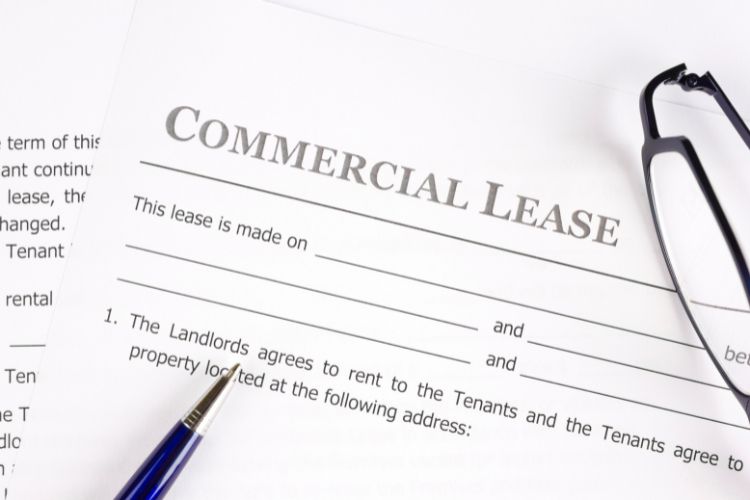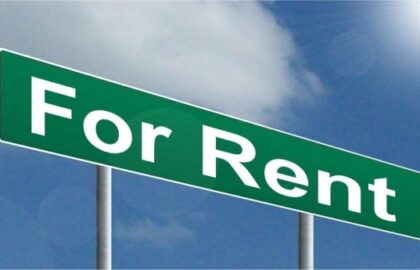
Commercial leases between landlords and tenants are common legal agreements that provide tenants the right to occupy and use retail, office or industrial spaces for business purposes.
In Queensland, Australia, as with most jurisdictions, landlords retain the legal ability to terminate active commercial leases prematurely under specific conditions outlined in the contract.
This post provides an overview of commercial lease termination by landlords in Queensland, reasons a landlord may terminate, requirements they must meet, tenant recourse options, and key takeaways for tenants regarding terminations.
TL;DR
Commercial landlords in Queensland can terminate active leases with proper notice and reason but must follow lease terms and legislation. Tenants should review the contract, negotiate where possible, and seek legal advice on their rights and options if facing termination.
Clear communication between both parties is key!
Reasons a Landlord May Terminate a Commercial Lease
There are several reasons a landlord may decide to terminate a commercial lease, including:
- Tenant breach of lease terms. If the tenant violates the lease agreement, such as failing to pay rent or property taxes on time, unauthorised use of the premises, or illegal activity on site, the landlord can terminate the lease.
- Landlord redeveloping or selling the property. The landlord, or the assigned property management partner, may decide to renovate, redevelop or demolish the building. They may also decide to sell the property and want to end existing leases first. In these cases, termination clauses often apply.
- Relocation clause invoked. Leases sometimes contain relocation clauses where the landlord can terminate the lease with notice if they need the space for their own business use.
- Mutual agreement. The landlord and tenant may mutually agree to end the lease early. This is usually negotiated between the parties.
Requirements for Landlord Terminating a Lease
For a landlord to legally terminate a commercial lease in Queensland, several requirements must be met:
- Proper notice period. The landlord must provide written notice of termination to the tenant, giving them adequate time to vacate as specified in the original lease agreement. Typical notice periods range from 30-90 days for commercial leases.
- Legitimate reason. The landlord must have a valid reason for termination, such as a tenant lease breach or invoking a termination clause. They cannot terminate for unlawful or discriminatory reasons.
- Adhere to retail shop lease legislation. If applicable to that business type, the termination must comply with provincial retail lease legislation protecting tenants.
- Allow reasonable time to vacate. Tenants should be given adequate time to relocate their business once terminated.
- Financial obligations met. The landlord may incur financial penalties for terminating a lease early if stated in the contract.
- Written termination notice. Formal notification must be provided to the tenant in writing, either delivered in person or by registered mail. Verbal notice is not sufficient.
Tenant Recourse When Lease Terminated
When a landlord gives notice of lease termination, the tenant does have some recourse options including:
- Review the lease agreement. The tenant should thoroughly review their lease contract to understand the termination clauses and notice periods. This can help determine if the proper procedure was followed.
- Seek legal advice. Consulting with a commercial lease lawyer can provide guidance on the tenant’s rights and options to dispute the termination if it seems unlawful or improper.
- Negotiate with the landlord. There may be an opportunity to negotiate extending the notice period or coming to a mutual termination agreement. Open communication should be attempted.
- Mediation. If the tenant believes the termination is retaliatory, unreasonable or violates applicable legislation, mediation may help resolve any disputes relating to the termination.
- Legal action. As a last resort, the tenant can take legal action against the landlord for wrongful termination of the lease. However, court cases can be expensive and lengthy.
Bear in mind that lease agreements are legally binding contracts, so their terms and details are confidential between the landlord and tenant unless both agree to disclose information.
Dispute Resolution Options
If a tenant believes the landlord has wrongfully or unlawfully terminated their commercial lease, several dispute resolution options could take place, including:
- Mediation. An impartial third-party mediator can help facilitate discussions and negotiate a solution agreeable to both landlord and tenant. Mediation aims to avoid costly legal action.
- Filing a complaint with provincial authorities. If the dispute relates to a potential violation of commercial or retail lease legislation, a complaint can be submitted to the relevant provincial consumer affairs or small business office. They may investigate and facilitate resolution.
- Litigation. As a last resort, the tenant can file a lawsuit against the landlord for unlawful termination, though this option is expensive and can be prolonged. Having legal counsel is advised.
- Arbitration. If the lease contract stipulates binding arbitration, disputes must be settled through an arbitration process outlined in the agreement rather than court litigation. An arbitrator hears both sides and makes a final decision.
FAQs
Can a Landlord Deny Adding Someone to a Lease?
Yes, the landlord has discretion over who is named as a tenant on the lease, so they can deny requests to add additional tenants if they wish.
Can a Landlord Lock Out a Commercial Tenant?
Yes. If the rent remains unpaid for a specific length of time (typically 14-28 days) the landlord or property manager can lock out the defaulting tenant.
What Recourse Does a Tenant Have for Wrongful Termination?
If a landlord wrongfully terminates a lease, the tenant can seek legal advice, negotiate with the landlord, pursue mediation, file a complaint, or take legal action depending on the situation.
Wrap-Up
In summary, commercial landlords in Queensland do have the legal right to terminate an active lease provided they meet notice requirements and have legitimate reasons for doing so.
While this can be disruptive for tenants, clear contract terms and maintaining good faith between both parties can make navigating lease terminations easier.
Tenants should always consult a lawyer specialising in commercial leases to understand their full rights and options when faced with a lease termination notice from their landlord.
With proper information and advice, both landlords and tenants can ensure their interests are protected.








